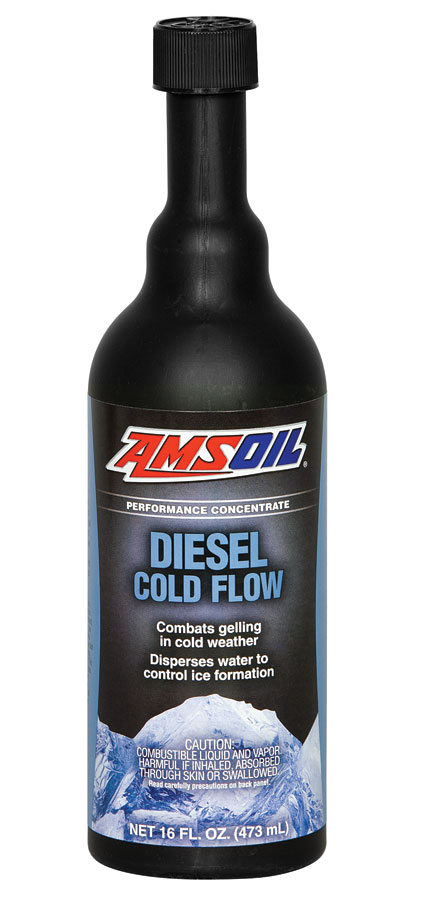Ford EcoBoost Engines – Turbocharged, High Heat Efficiency needs a 100% Synthetic In a previous Facebook post on the Sioux Falls page, I mentioned the merits of the 1.0 3-cyl EcoBoost engine but there are several more popular and practical versions in the other vehicles Ford offers. All of these are the most impressive works ever developed […]
You are browsing archives for
Category: Uncategorized
Upgrade to AMSOIL Performance. Get More ...
Excessive engine wear eventually leads to costly breakdowns and catastrophic engine failure. But even if your engine doesn’t fail, wear robs your vehicle of power, performance and that “like-new” feeling you crave when driving. Modern engine parts are finely engineered to tight tolerances. This helps engines run more efficiently and last longer. Over time, however, […]
The Only Oil Choice for Turbos – Signatu
Visit us for all your oil needs: Synthetic Warehouse Sioux Falls 4610 W. 12th St. (12th & G right next to Wendy’s) New Challenges for Lubricants The increased slate of issues lubricants have to meet (or will have to) as technologies to lower emissions are required, place the burden of expertise on to the customer. […]
Stock up on Winter Cold Flow Additive fo...
Take advantage of AMSOIL’s cold flow improver here in stock in the Sioux Falls store (12th and G streets). Avoid fuel clouding while keeping your power and economy. AMSOIL Diesel Cold Flow (ACF) combats diesel fuel gelling by improving diesel cold-flow ability. It is formulated with an advanced deicer to enhance fuel flow and help […]



